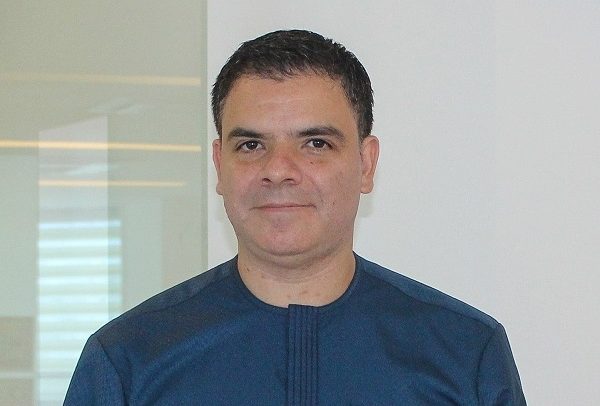
Ghana is sitting on the edge of a water catastrophe, and the latest revelations from the Water Resources Commission should shake us all out of our slumber.
In less than a decade, our per capita water availability has dropped from 1,900 cubic metres in 2016 to just 1,500 today.
This is not merely a statistic; it is a death sentence in slow motion of which, if nothing changes as soon as possible, would consume all of us.
The sad aspect of the situation is that this crisis is largely man-made. Our rivers are not drying up naturally; they are being poisoned, drained, and destroyed by human greed and reckless negligence.
Illegal mining, the scourge of our environment, continues to pump mercury and heavy metals into streams and rivers, poisoning communities and killing aquatic life.
Poor land-use practices, rampant deforestation, and unchecked pollution are worsening the problem.
Meanwhile, water treatment plants in parts of the country have already shut down because their sources of water for treatment, which are the rivers, are either too shallow or too contaminated to process.
In our view, the most disgraceful aspect of this whole issue is not the fact that we face this crisis, but that we have tolerated such destructive human activities for so long. Successive governments have talked tough on galamsey yet acted weakly.
The declaration of rivers and forests as “security zones” is welcome on paper, but where is the enforcement?
Illegal miners still operate openly, often under the protection of political “bigwigs” who profit from the destruction. Our security agencies have been compromised, our laws routinely flouted, and our future mortgaged for short-term gains.
To be blunt: if leaders cannot protect the rivers that sustain life, they have failed in their most basic duty to the people. Political will must rise above partisan interest and vested mining lobbyists.
Those who destroy rivers are not “small-scale miners”; they are environmental criminals, and must be treated as such. Arrests, prosecutions, and long sentences should replace half-hearted warnings.
That said, The Ghanaian Times admits that this fight is not the sole responsibility of government alone. Traditional leaders who serve as guardians of our heritage, including sacred resources such as our water bodies and the forests, must assert themselves once again.
They cannot continue to look on while galamsey operators ravage our lands. Communities which benefit from the short-term hand-outs of miners must ask themselves of what use is gold when your children cannot drink clean water.
The private sector must also stop hiding behind profit margins while fuelling environmental destruction. Corporations have the resources to lead in river restoration, waste reduction, and sustainable practices, yet too often they remain silent.
Most importantly, ordinary citizens must wake up. Every plastic bag tossed into a gutter, every tree cut from a riverbank, every blind eye turned to illegal mining is complicity in this disaster.
Water is life. Without it, there is no country. The time for polite appeals should be over. We need action; fierce, uncompromising, and immediate.
To protect our rivers is to protect our survival. To destroy them is to sign our collective death warrant.
???? Trusted News. Real Stories. Anytime, Anywhere.
? Join our WhatsApp Channel now! https://whatsapp.com/channel/0029VbAjG7g3gvWajUAEX12Q

The post Ghana’s water crisis – A national disgrace demanding urgent action appeared first on Ghanaian Times.
Read Full Story










Facebook
Twitter
Pinterest
Instagram
Google+
YouTube
LinkedIn
RSS